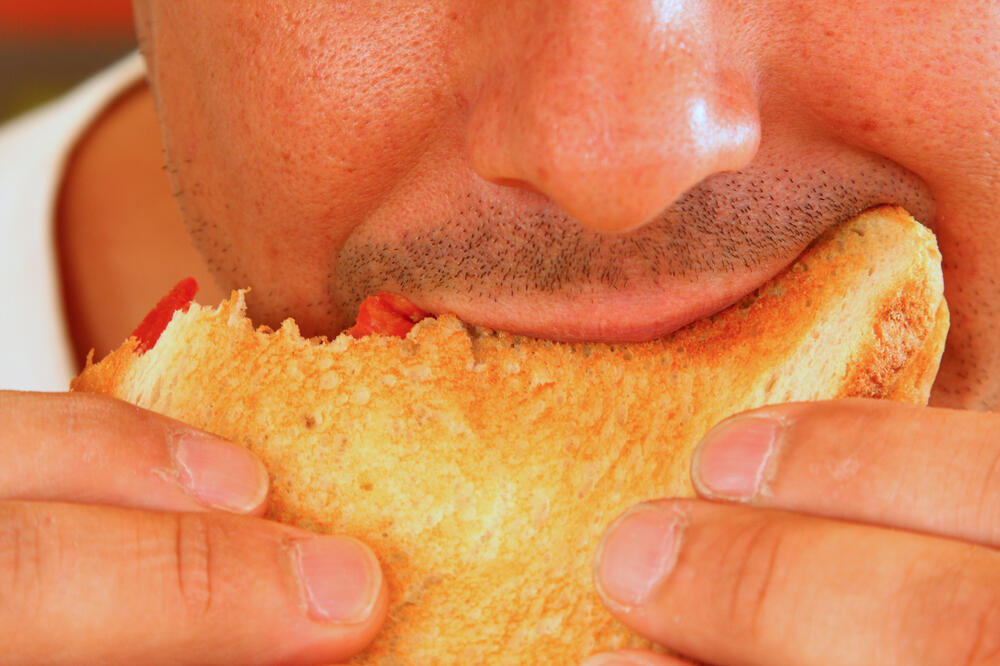On a break at work, while you're running after the kids, in the car... many of us are used to eating our meals that way. And then the food is swallowed more than chewed and enjoyed. Health experts warn that it is extremely important to thoroughly chew each bite.
Each bite should be chewed as many times as possible, up to 30 times if possible, and in order to help yourself, the first step is to sit down and eat in peace.
Research has shown that chewing food for longer relieves the digestive system and helps the intestines, he writes Ordination.
Chewing is the first step in digesting food and helps the stomach process food by breaking down larger food particles into smaller ones. Chewing also increases the production of saliva so that it can be swallowed without irritating the esophagus. If food is not chewed properly, larger particles enter the digestive tract causing digestive problems such as gas, bloating, constipation, headaches and reduced energy levels.

As you chew food, more enzymes are produced to help break down the food further to aid digestion. The process of chewing also stimulates the production of hydrochloric acid in the stomach, which further aids digestion, by regulating the pH to increase the level of acidity that helps break down food.
Chewing increases the production of saliva that contains epithelial growth factor, a polypeptide that stimulates the growth of epithelial tissue. Chewing food thoroughly increases the production of this EGF, nourishing the intestines.
Good for the oral cavity
When chewing hard food for a long time, you massage the gums, which improves blood circulation and maintains the health of the gums.
Experts in dental hygiene also say that intensive chewing can prevent cavities because plaque is scraped off and more saliva is secreted, which protects the teeth from acids and contains minerals that keep the enamel strong and healthy.
Nutritional value
Breaking down food into smaller particles means that it is easier for the body to absorb more nutrients from food. Also, the longer you chew, the longer it will take you to finish your meal.
It generally takes about 20 minutes for the brain to signal to the stomach that it is full. So if you eat more slowly, you are less likely to overeat.
It is also a fact that you will feel the taste better if you chew your food thoroughly because the glands in the oral cavity secrete more saliva that 'lubricates' the taste receptors, making the flavors more intense.
Bonus video:





